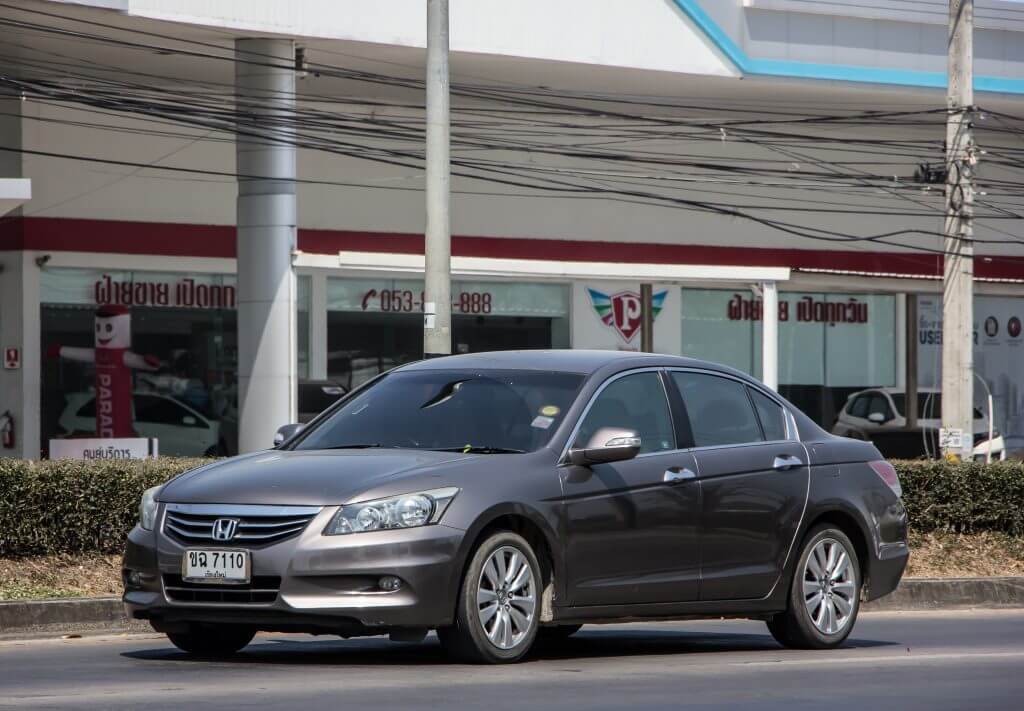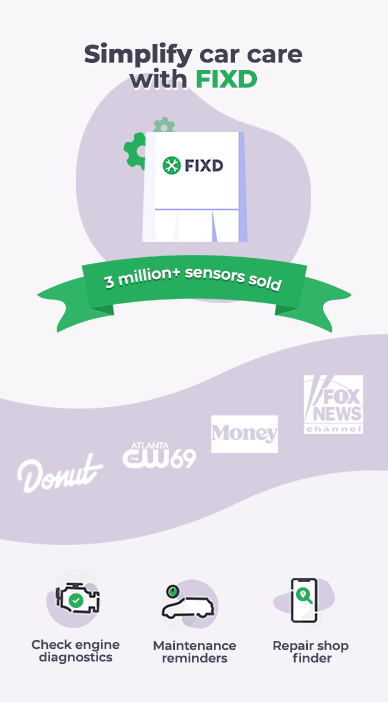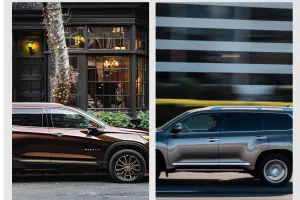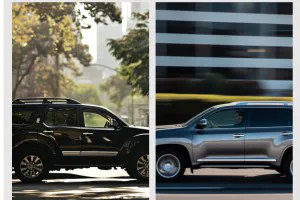While Honda automobiles enjoy a positive reputation for reliability, especially with engines, no automaker is perfect. A case in point is the company’s 3.5-liter V6, which first appeared in the Honda (and Acura) lineup in 1998.
Later years would see a version of this engine with Variable Cylinder Management (VCM), a technology that periodically disabled half the engine’s cylinders to save fuel. But the system became problematic in specific Hondas built between 2008 and 2013, with affected vehicles burning more oil and suffering engine misfires. The situation progressed to a class action suit that Honda settled by offering an extended engine warranty and repair reimbursements.
But the end of legal matters didn’t put the issue to rest for the more than a million Honda cars with the troubled engine. It’s essential to know what’s happening if you own one of these vehicles or are considering buying one.
Let’s dive into the details about these Honda with misfiring engines. We’ll look at how the situation started, what’s involved with the warranty extension, and the best way to handle repairs.
Overview: Honda 3.5-liter V6 Engine Problems
The Honda engine misfire problem deals with 2008-2012 Accord, 2010-2011 Accord Crosstour, 2012 Crosstour, 2008-2013 Odyssey, and 2009-2013 Pilot models fitted with the company’s 3.5-liter V6 engine that uses VCM. Approximately 1.87 million of these vehicles were sold in the U.S.
Due to a malfunctioning VCM system, (Honda has not confirmed the malfunction yet), these cars are prone to excessive oil consumption, which can lead to an engine misfiring. In these situations, vehicle owners are required to monitor oil levels and add oil as needed. Misfiring affects vehicle performance and can cause engine damage. In addition, a malfunctioning engine may make the vehicle vulnerable to accidents (because of poor acceleration). Also, a low oil level can lead to premature wear of the internal components and catastrophic engine failure.
Honda Engine Misfire Class Action Suit and Warranty Extension
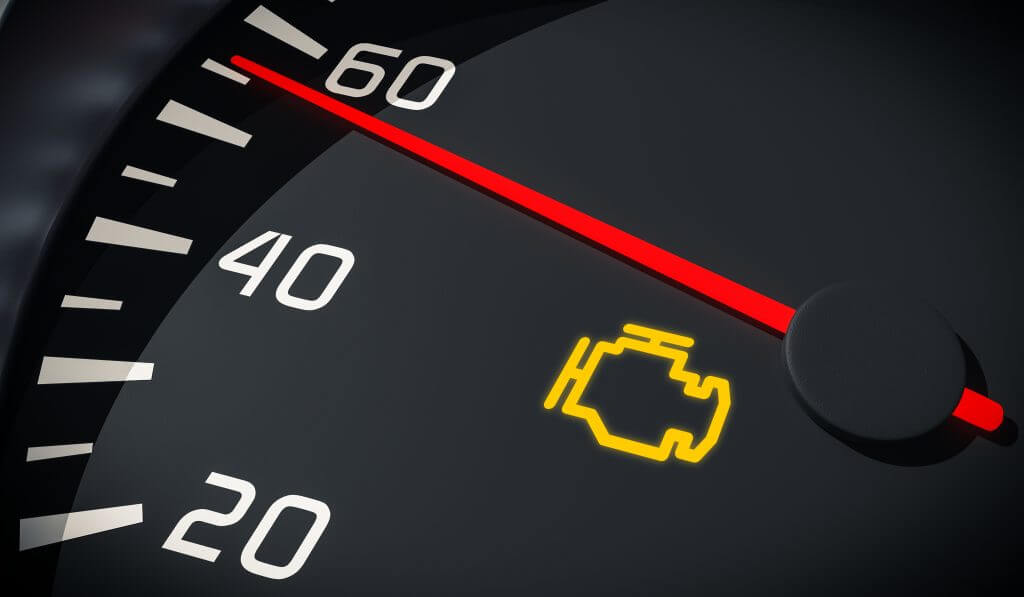
A class action lawsuit (Soto et al v. American Honda Motor Co., Inc.) was filed in 2012, alleging that certain Honda vehicles were prone to engine misfires due to a manufacturing defect. The misfire problems are specifically identified by diagnostic trouble codes (DTCs) P0301, P0302, P0303, and P0304.
The automaker unsuccessfully sought to dismiss the action and later tried to resolve the matter through arbitration, a dispute resolution process involving an independent party outside the court system. But, without admitting any wrongdoing, Honda eventually agreed to settle the case to avoid a battle in open court.
There are two key provisions of the settlement.
- Honda provided an engine warranty extension on affected vehicles for eight years from the original delivery or lease acquisition date without any mileage limitations. Given that a new Honda comes with a five-year or 60,000-mile powertrain warranty, the warranty extension effectively added three years of coverage and removed any mileage restrictions. However, the extra protection is only valid for issues relating to engine misfires and excessive oil consumption.
- Honda also agreed to reimburse owners who previously paid for repairs associated with the misfire and oil consumption problems. However, claims had to be submitted by April 10, 2014.
What to Know About Honda Engine Misfire Recalls and Warranty Extensions
To date, Honda has not issued an official recall about the misfiring engine in the affected vehicles. It’s not a surprise, as recalls generally involve safety-related matters, and these troubles with the 3.5-liter V6 engine were never deemed a hazard. However, one could argue that a misfiring engine with reduced acceleration could put a vehicle and its passengers in jeopardy.
Another way to look at this is that Honda settled the class action suit to avoid the more expensive recall process. Instead of announcing a recall, which is done in collaboration with the National Highway Traffic Safety Administration (NHTSA), Honda released several technical service bulletins (TSBs) instructing dealers on how to respond to these affected vehicles.
A TSB, often called a hidden or secret recall, recommends a resolution to a specific problem but lacks the legal force of a recall issued through NHTSA. Because the engine misfire issue never led to a recall, a TSB (which Honda calls a Service Bulletin) was used to communicate the problem and correction to dealers.
Finding information about TSBs can take more work. NHTSA maintains a consumer-accessible database about vehicle recalls, but TSB information is left to automakers and third-party firms (to which vehicle owners may not have access). Further, a TSB can be hard to decipher because of the technical details involved. For example, the TSB for the affected 2008-2012 Honda Accord is a mind-numbing 34 pages long.
Therefore, the best way to learn about an engine misfire TSB for your Honda is to contact an authorized dealer if you own a:
- 2008-2012 Accord
- 2010-2011 Accord Crosstour
- 2012 Crosstour (2012 marks the only model year for the Crosstour as a stand-alone model, the vehicle was previously sold as a variant of the Accord)
- 2008-2013 Odyssey
- 2009-2013 Pilot
The TSB specifies what problems qualify these vehicles for a warranty extension. However, given the length of the warranty extension (eight years from the delivery or lease acquisition date) and the age of these cars, it’s unlikely that the warranty extension is still applicable.
However, all hope isn’t lost if you own a Honda with a misfiring 3.5-liter V6. In this situation, contact the dealer service department to request a goodwill lengthening of the warranty extension. At the very least, the dealer may offer a discount on repairs.
What’s the Difference Between Recalls and Warranty Extensions

It’s important to understand the difference between recalls and warranty extensions, particularly in the case of the misfiring Honda 3.5-liter V6 engine. As we’ve mentioned, there’s no official recall for this issue. Instead, Honda offered a warranty extension as part of a legal settlement.
Warranty extensions are rare in the automotive world because of the extra cost involved to the manufacturer. So, automakers are reluctant to take this approach, and when this does happen, it’s for a specific system or component. For instance, in this misfiring situation, Honda’s extra coverage only applies to the engine (and only if diagnostic trouble codes P0301, P0302, P0303, and P0304 are present). Automakers don’t offer an extension of the original bumper-to-bumper warranty, no matter how significant the problem is.
Repairing a Honda Engine that Misfires
Fixing a Honda 3.5-liter V6 engine that misfires starts with having a mechanic review the applicable technical service bulletin for your vehicle. Repairs to stop this malfunction usually focus on the following:
- Replacing the spark plugs
- Installing new valve stem seals
- Swapping out the piston rings
However, more elaborate (but less common) work can involve:
- Installing new ignition coils
- Replacing the engine block
- Repairing the valve timing chain (or valve timing tensioner)
Because the Honda extended warranty is no longer applicable, repairs can be handled at any shop with the skill and ability to work on a Honda 3.5-liter V6 engine. However, you’ll need to work through an authorized Honda dealer if there’s a hope of receiving a goodwill extension of the extended warranty (but there is no guarantee this will happen).
Frequently Asked Questions About Honda Engine Misfire Warranty Extensions

Why is the engine in my Honda misfiring?
Certain Honda 3.5-liter V6 engines with a malfunctioning Variable Cylinder Management system tend to misfire. These vehicles are the 2008-2012 Accord, 2010-2011 Accord Crosstour, 2012 Crosstour, 2008-2013 Odyssey, and 2009-2013 Pilot.
What causes my Honda Odyssey engine to constantly misfire?
The 2008-2013 Honda Odyssey has an engine with troublesome Variable Cylinder Management and a tendency to burn too much oil. This excessive oil consumption can foul the spark plugs and other components, which leads to misfiring.
What are the repair costs for a Honda engine that misfires?
Ideally, any repairs to a misfiring Honda engine will have happened without cost under the original or extended warranty. But expenses outside a warranty will vary greatly, depending on the work involved. New spark plugs may cost up to $250, but a valve timing chain can run thousands of dollars.
How expensive is it to repair an engine that misfires?
Complex repairs for engine misfiring can be pricey. Expect to pay up to $3,500 for a piston ring replacement, with a similar amount for a new engine block.
What are the most common reasons for an engine to misfire?
The first place to look for the cause of an engine misfire is the spark plugs. These can become fouled by an engine that burns too much oil (a well-known issue with Honda’s 3.5-liter V6) or because spark plugs wear out over time. Even an improper spark plug gap (the area that generates the spark to ignite the gasoline) can lead to engine misfiring. A bad ignition coil, which converts the battery’s 12-volt current into the high-voltage necessary to generate a spark, is another likely culprit. In most cases, a check engine light will appear in the instrument cluster.
Will an engine misfire problem go away on its own?
Like with most automobile repair issues, an engine misfire won’t go away without servicing.
Can an engine that misfires be fixed?
Ideally, engine misfires can be fixed with a simple repair like new spark plugs. But, repairs to a misfiring engine with significant damage can be prohibitively expensive. Just about anything is fixable if you’re willing to spend the money.
Is it safe to use my car with a misfire?
Whether you drive a Honda with a misfiring 3.5-liter V6 or another car with similar issues, the car shouldn’t be driven for two reasons. A misfiring engine may lead to reduced engine power and create a dangerous situation while turning at an intersection or heading onto a highway on-ramp. In addition, the more a misfiring car is driven, the greater the likelihood of engine damage occurring. In short, the misfiring engine should be looked at right away, and have the car towed if you’re not near a repair shop.
References
- Order Closing Final Judgment, United States District Court For The Northern District Of California (May 3, 2016). Retrieved November 16, 2022, from https://law.justia.com/cases/federal/district-courts/california/candce/3:2012cv01377/253875/127/
- Legal Rights and Options Notice, Case3:12-cv-01377-SI, Document89-1, United States District Court For The Northern District Of California (October 09, 2012). Retrieved November 16, 2022, from https://www.autonews.com/assets/PDF/CA913971022.PDF.
- Honda Engine Misfire Class Action Settlement Gets Final OK, (April 09, 2014). topclassactions.com. Retrieved November 16, 2022, from https://topclassactions.com/lawsuit-settlements/lawsuit-news/honda-engine-misfire-class-action-settlement-gets-final-ok/#:~:text=Class%20Members%20do%20not%20have,vehicle%2C%20with%20no%20mileage%20limitation.

Dave Goldberg is an automotive journalist and lifelong car fanatic. He writes for numerous enthusiast and business outlets and is an ongoing contributor to HotCars.com, one of the most popular car culture websites. When he’s not writing or driving, Dave is either under a hood or asleep. His credentials include a BA in Journalism from The George Washington University.

